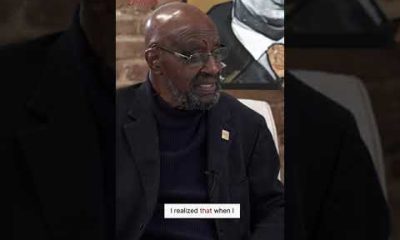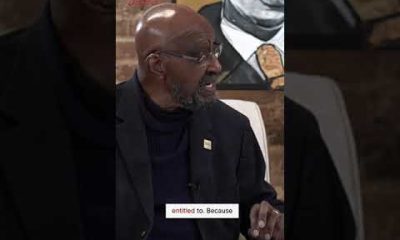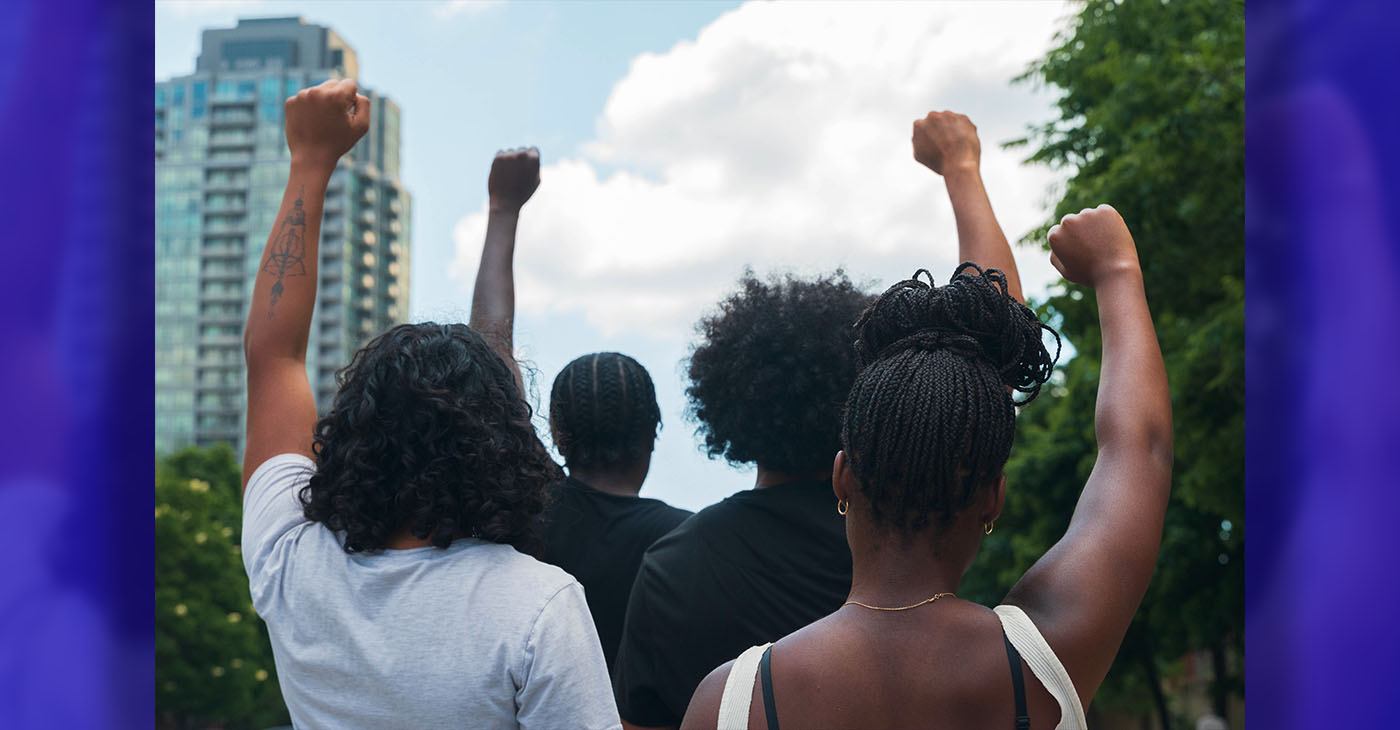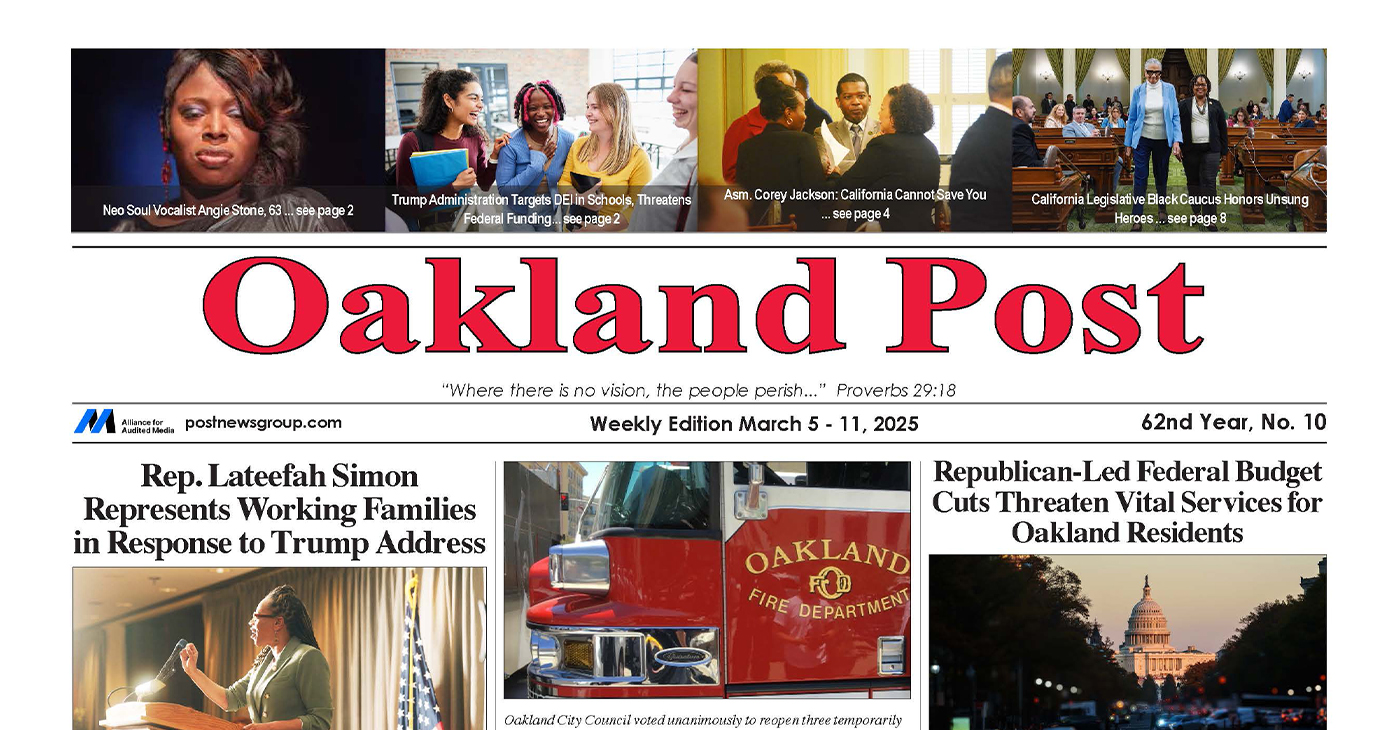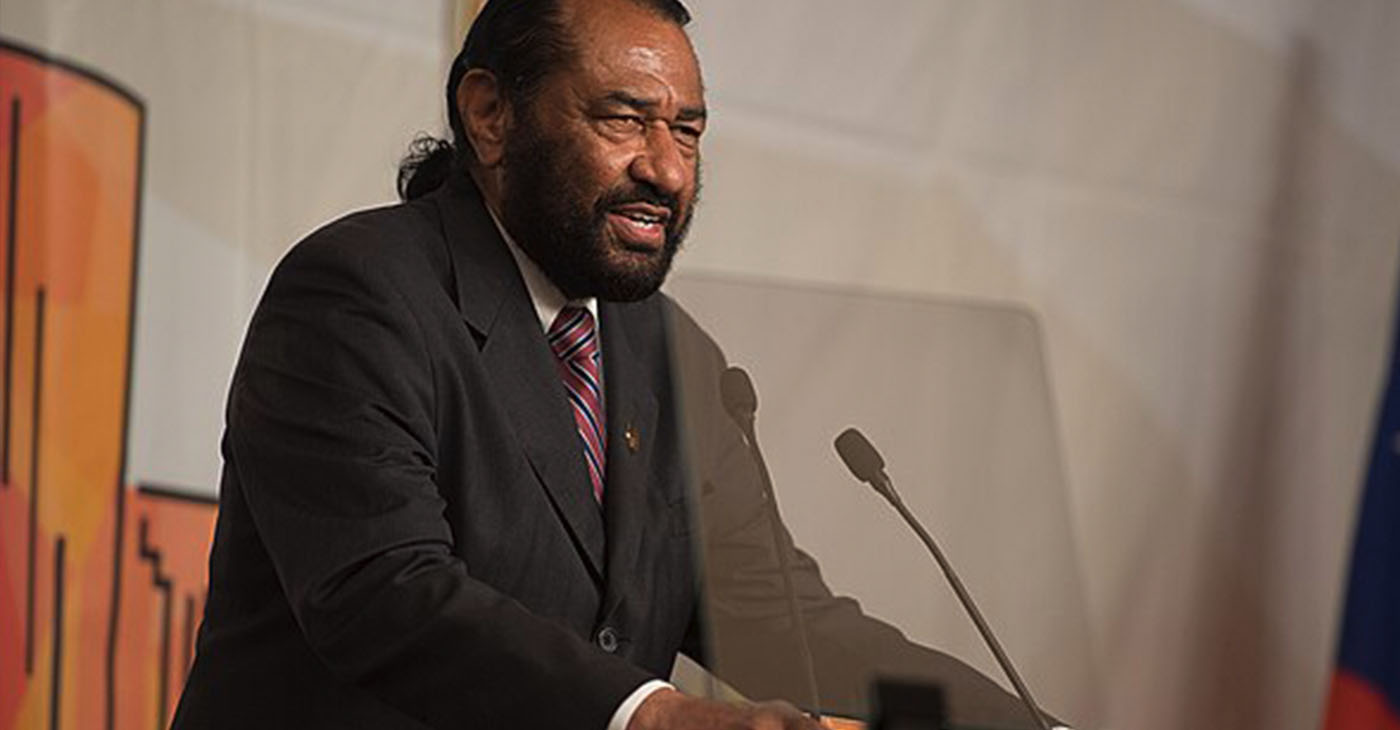By Lauren Burke
In one of the quickest punishments of a member of the U.S. House of Representatives in the modern era, Congressman Al Green (D-TX) was censured by a 224-198 vote today in the House. His censure featured no hearing at the House Ethics Committee and his punishment was put on the floor for a vote by the Republican controlled House less than 72 hours after the infraction in question. Of the last three censures of members of the U.S. House, two have been members of the Congressional Black Caucus under GOP control. In 2023, Rep. Jamal Bowman was censured.
On the night of March 4, as President Trump delivered a Joint Address to Congress, Rep. Green interrupted him twice. Rep. Green shouted, “You don’t have a mandate to cut Medicare, and you need to raise the cap on social security,” to President Trump. In another rare event, Rep. Green was escorted off the House floor by security shortly after yelling at the President by order of GOP House Speaker Mike Johnson. Over the last four years, members of Congress have yelled at President Biden during the State of the Union. Georgia Republican Marjorie Taylor-Greene was joined by Republican Rep. Lauren Bobert (R-CO) in 2022 in yelling at President Biden. In 2023, Rep. Greene, Rep. Bob Good (R-VA), and Rep. Lisa McClain (R-MI) yelled at Biden, interrupting his speech. In 2024, wearing a red MAGA hat, a violation of the rules of the U.S. House, Greene interrupted Biden again. She was never censured for her behavior. Rep. Green voted “present” on his censure and was joined by freshman Democrat Congressman Shomari Figures of Alabama who also voted “present”.
All other members of the Congressional Black Caucus voted against censuring Green. Republicans hold a four-seat advantage in the U.S. House after the death of Texas Democrat and former Houston Mayor Sylvester Turner yesterday. Ten Democrats voted along with Republicans to censure Rep. Green, including Rep. Jim Himes of Connecticut, who is in the leadership as the senior Democrat on the House Intelligence Committee. “I respect them but, I would do it again,” and “it is a matter of conscience,” Rep. Green told Black Press USA’s April Ryan in an exclusive interview on March 5. After the vote, a group of Democrats sang “We Shall Overcome” in the well at the front of the House chamber. Several Republican members attempted to shout down the singing. House Speaker Mike Johnson gaveled the House out of session and into a recess. During the brief recess members moved back to their seats and out of the well of the House. Shortly after the vote to censor Rep. Green, Republican Congressman Andy Ogles of Tennessee quickly filed legislation to punish members who participated in the singing of “We Shall Overcome.” Earlier this year, Rep. Ogles filed legislation to allow President Donald Trump to serve a third term, which is currently unconstitutional. As the debate started, the stock market dove down over one-point hours from close. The jobs report will be made public tomorrow.




 #DCMusicScene
#DCMusicScene

